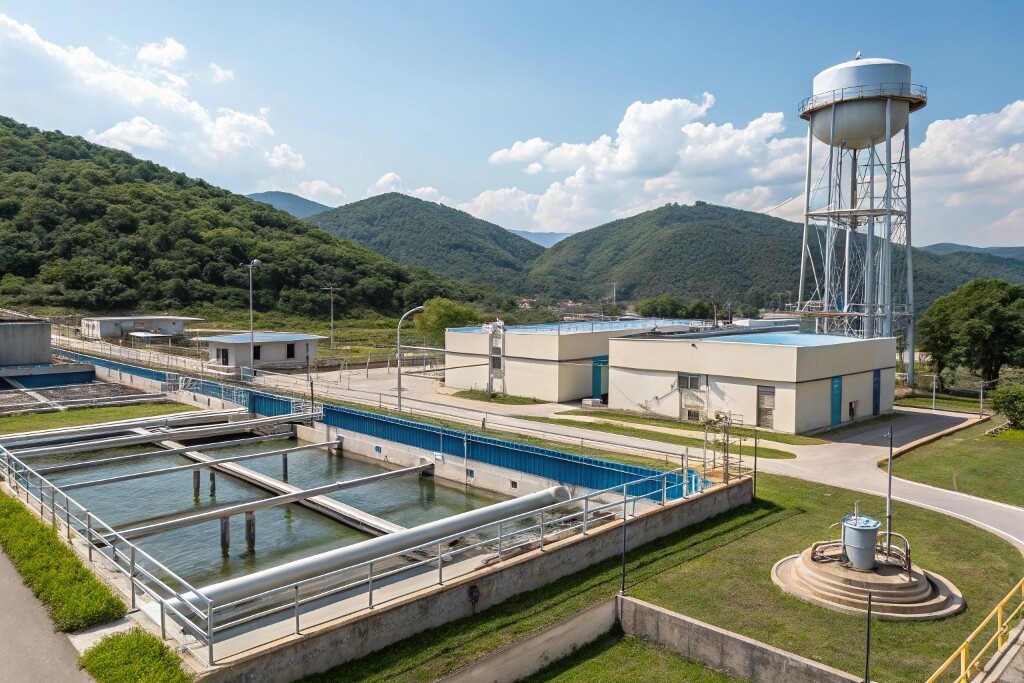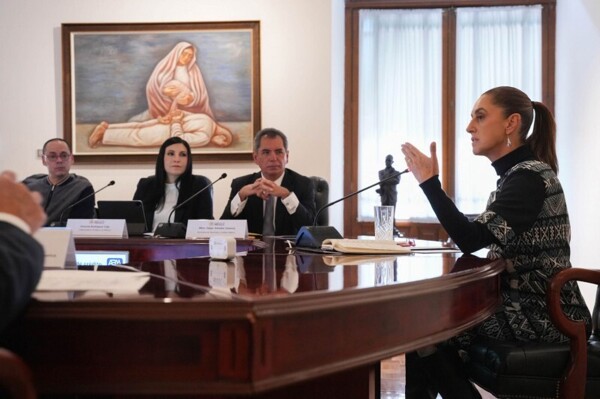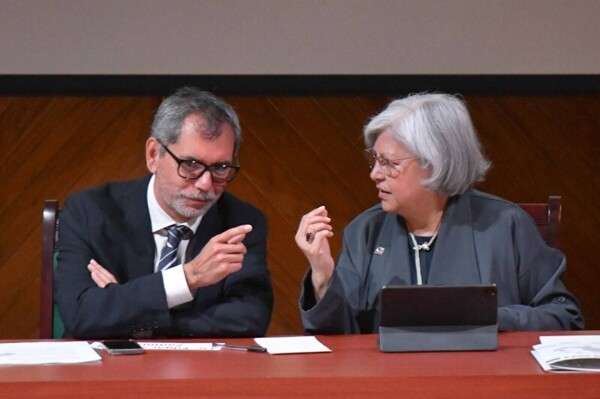
Southeast Mexico needs an additional investment of at least 17 billion pesos over the next five years to address the impacts of climate change and the growing water crisis. According to an analysis conducted by Mexican experts, a 30% increase in investment for infrastructure in rural areas is proposed in order to reduce disparities with urban areas. This was stated by Raúl Rodríguez Márquez, president of the Water Consultative Council.
The study titled 'Challenges and Opportunities for Water Security in Southeast Mexico: Chiapas, Tabasco, and Veracruz' emphasizes the importance of the region composed of Veracruz, Chiapas, and Tabasco, which is considered one of the richest in terms of water and biodiversity in the country. This region houses more than 30 ecosystems, the three largest rivers in Mexico, and has a population of 16 million people who generate more than 8% of the Gross Domestic Product (GDP).
The document states that climatic variability, deforestation, land use changes driven by uncontrolled population growth, industrial development, and extensive agriculture, along with the lack of adequate infrastructure for water management, have triggered problems of scarcity, pollution, and unequal access to water resources in the region. Additionally, it faces high hydrometeorological risks such as floods, droughts, and soil erosion due to a lack of planning and adequate infrastructure, thereby compromising water security.
The study proposes guidelines based on the four pillars of water security to address these challenges, ensuring the supply of water in sufficient quantity and quality, both for people, ecosystems, and productive activities, as well as to ensure community resilience to the effects of climate change.
In the words of Fernando J. González Villarreal, technical coordinator of the UNAM Water Network and director of the Regional Water Security Center under the auspices of UNESCO, it is emphasized that it is essential to progressively increase federal and state resources for the water sector, as well as review tariffs in operating agencies to reflect the real costs of provision. It is also necessary to strengthen systems of transparency, accountability, and citizen participation to ensure that investments are beneficial for all.
Other proposals include improving early warning systems to confront floods, as well as updating and enforcing ecological and territorial regulations to prevent occupation of flood-prone areas.














